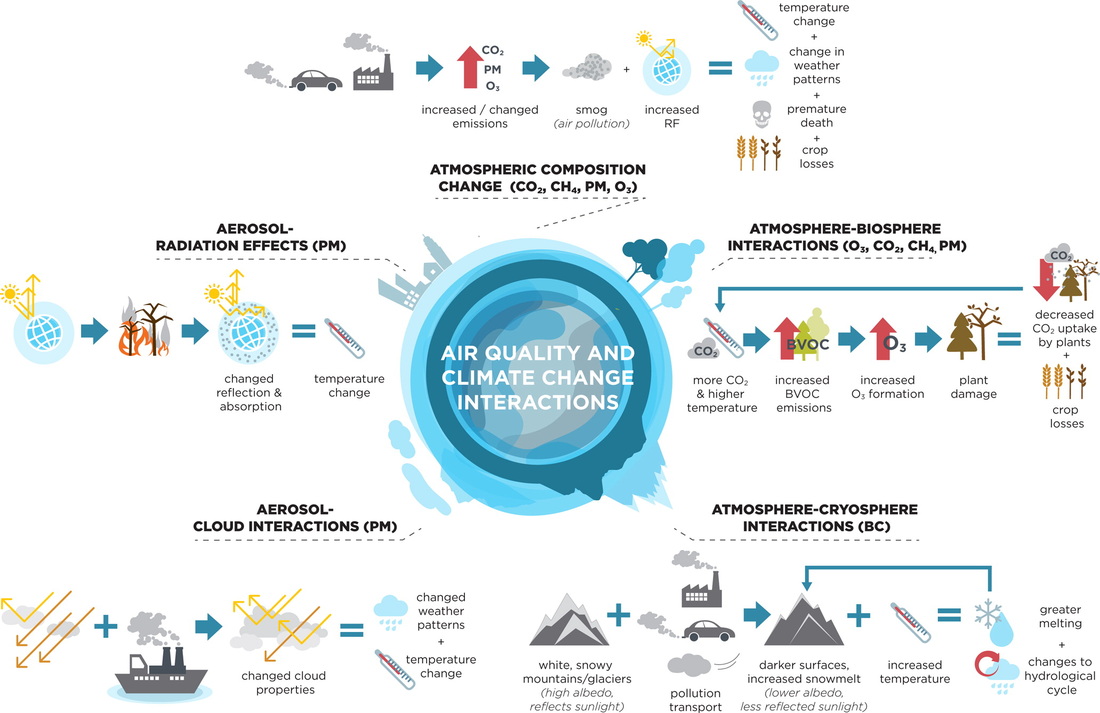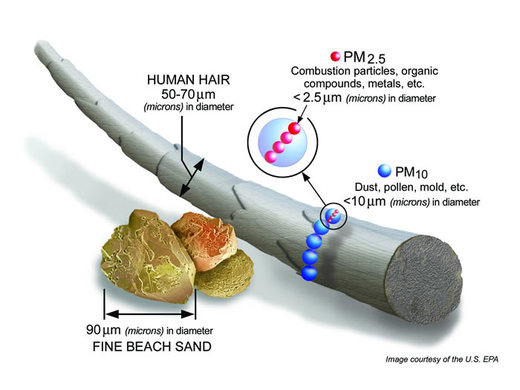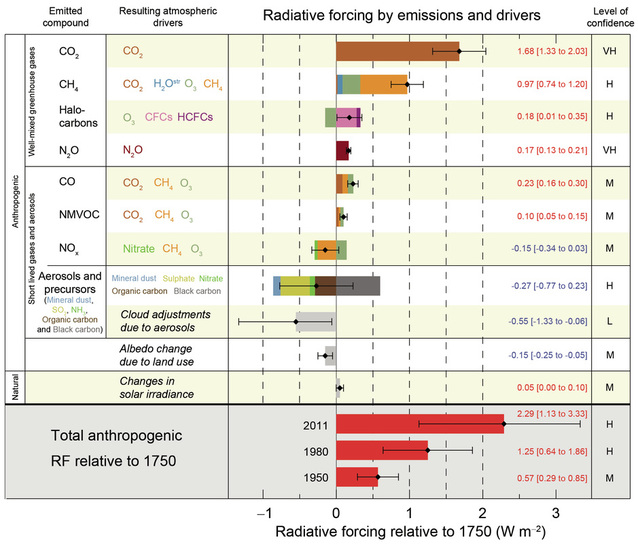|
Born and raised in a tropical island of Puerto Rico awoke my curiosity and interest for understanding air quality, climate and weather patterns. Every year we experience African Dust incursion, which degrades the air quality and affected me personally due to my asthma restricting me to indoor activities. Also, a tropical cyclone strikes Puerto Rico almost every year (ironically, yesterday night tropical storm Erika passed). At an early point in my studies, I identified atmospheric chemistry as an important research topic to me. Since high school, I started to explore the chemistry research and how it could be translated my laboratory bench knowledge to real life situations. Right before entering to college, I participate in the NOAA-CAS Weather Camp at Howard University. I was amazed to realize that studying atmospheric science was not only doing forecast sitting on a computer. After that I started dreaming of the day that I could apply my chemistry knowledge to environmental studies. I thought that I would have to wait until graduate school. However, it took less than two years to combine both passions and start performing atmospheric chemistry research at my undergraduate institution (University of Puerto Rico, Río Piedras). In order to complement it, I started to explore different aspects of atmospheric chemistry research by participating in two NSF-REU programs (which are great and truly recommended to everyone). And now I am at Texas A&M Univesity doing my PhD on this subject. The topic that caught my immediate attention due to its broader implications was atmospheric aerosols. Atmospheric aerosols, liquid or solid particles suspended in the air (Figure 1), are formed by chemical reactions or directly emitted into the atmosphere from both natural and anthropogenic (human induced) sources. Aerosols influence the Earth’s radiative balance, impact cloud nucleation processes, reduce visibility, alter global biogeochemical cycles, and impair air quality and human health. In particular, aerosols play a critical role in climate directly by scattering and absorbing solar radiation, and indirectly through modifying cloud properties by acting as cloud condensation nuclei and ice nuclei. Currently, the direct and indirect effects of aerosols represent the largest uncertainty in climate predictions using global climate models (Figure 2). A full understanding of aerosols and their role in the atmosphere requires a detailed physico-chemical characterization (such as mass, size, concentrations, chemical composition, and optical properties). Reducing this gap in knowledge, will lead to significant implications for the development and improvement of climate-related policies and risk assessments worldwide. Climate Change and Air Quality are usually treated as independent issues, while in fact they are highly correlated, as the Figure 3 shows. I had the opportunity to travel to Beijing, China during the past winter. Beijing has a serious air quality problem due to its pollution of gasses and aerosols (check future blogs for further details). Furthermore, this pollution undergoes long-range transport reaching other countries, making it a global problem as well. Therefore, climate change its everybodies problem and increasing awareness is a goal of this program. Climate Change is a controversial political topic, with discussions often not based on scientific data; thus we want to promote its literacy on a broader context to the community so that informed opinions can be made. I am extremely excited to attend the COP 21, because I will be able to learn about the socio-political and economical points of view from other countries regarding climate change that I can then share. Also, this experience will help me in countless ways to combine my scientific training, educational development and science policy concepts for a formal and informal education. Please join me in this adventure and follow us on our different social media platforms.  Figure 3: An overview of the main categories of air quality and climate change interactions including a depiction of an example interaction or feedback for each category. [Von Schneidemesser, E. et al. Chemistry and the Linkages between Air Quality and Climate Change. Chem. Rev., 2015, 115 (10), pp 3856–3897]
1 Comment
arelis
28/8/2015 12:49:26 pm
So proud of you!!!! Keep up the good work and continue to be an inspiration to those who wish to follow your steps! Gracias por tus consejos!
Reply
Leave a Reply. |
Categories
All
Archives
March 2024
|


 RSS Feed
RSS Feed
